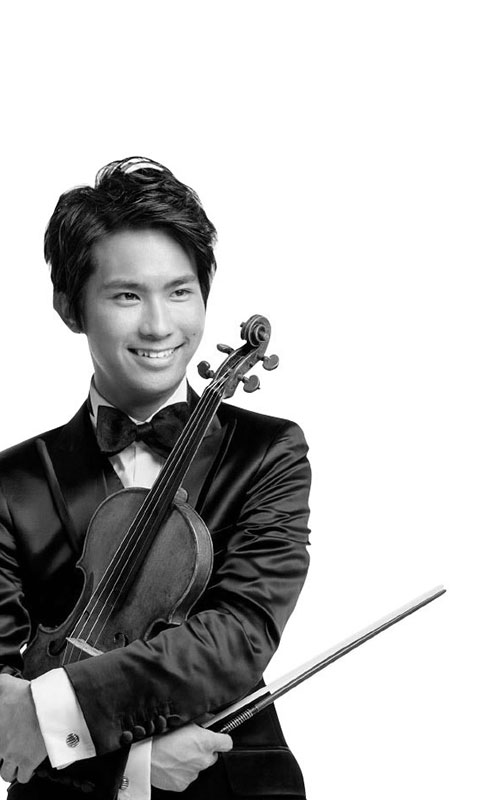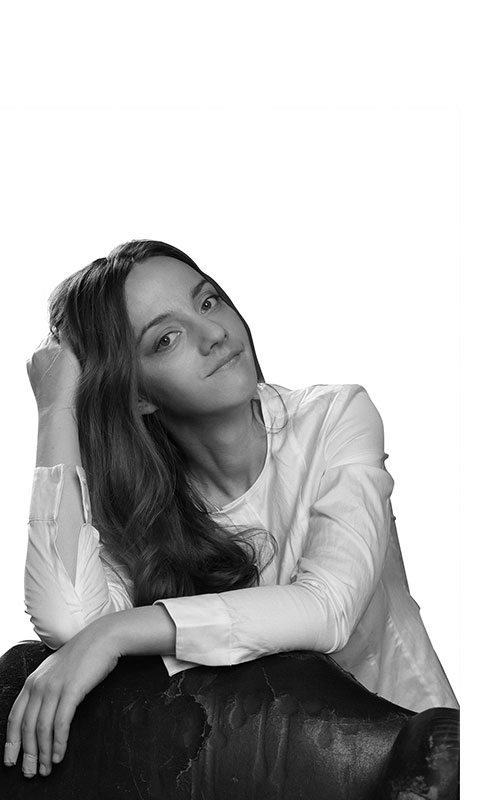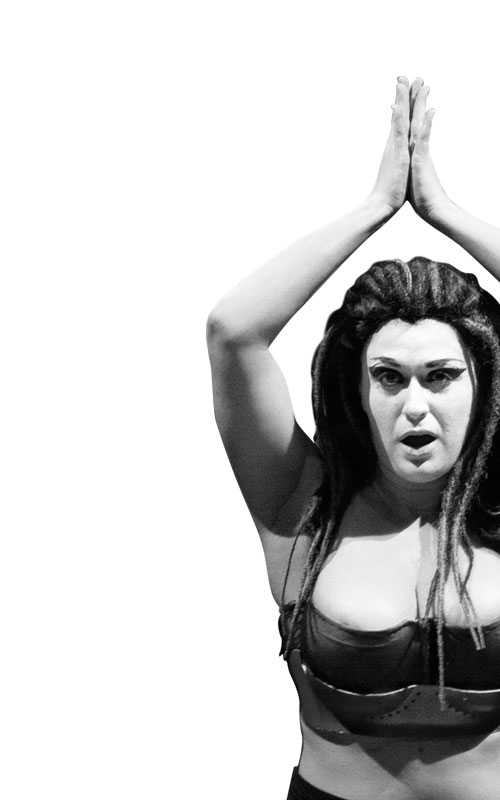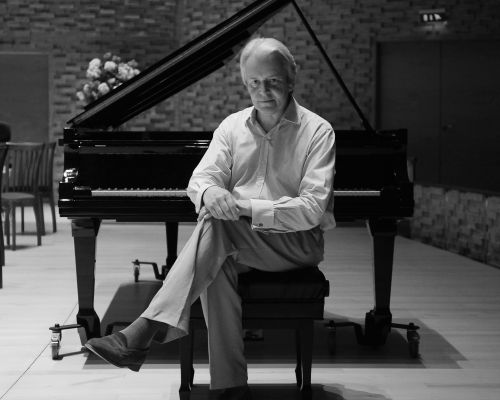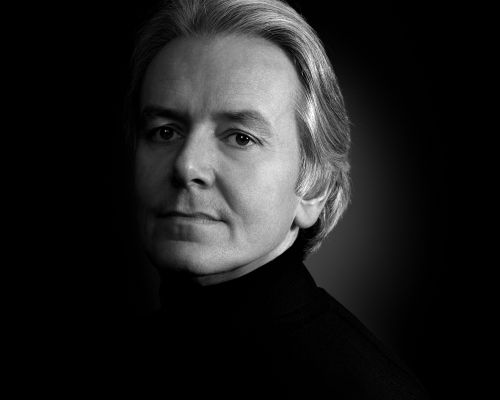Christian Blackshaw
A deeply passionate and sensitive performer, Christian Blackshaw is celebrated for the incomparable musicianship of his performances. Pianist magazine, reviewing his performance of Schubert's great B Flat Sonata D.960 at the Queen Elizabeth Hall wrote that the work "has become the calling card of many a pianist wishing to declare themselves a musician's musician and Blackshaw most certainly belongs to this category".
Following studies with Gordon Green at the Royal College Manchester and Royal Academy, London and winning the gold medals at each, he was the first British pianist to study at the Leningrad Conservatoire with Moisei Halfin. He later worked closely with Sir Clifford Curzon in London. Christian Blackshaw has performed with many leading orchestras including London Philharmonic, Royal Scottish National, BBC Philharmonic, BBC Symphony, St Petersburg Philharmonic, Moscow Philharmonic, Mariinsky Orchestra, Singapore Symphony, New York Philharmonic, San Francisco Symphony, Israel Philharmonic, Dresden Staatskapelle and RAI Torino.
Conductors with whom he has collaborated include Sir Simon Rattle, Valery Gergiev, Gianandrea Noseda, Yuri Temirkanov and Sir Neville Marriner. He has given chamber concerts in London with the principals of the London Symphony Orchestra and Chamber Orchestra of Europe and festival engagements have taken him to Stars of the White Nights St Petersburg, Prague, Dubrovnik, Helsinki, Stresa, Britain in Greece Festival Athens, Bath, Orford (Canada) and the BBC Proms. He is also Artistic Director of the Hellens Music Festival which was established in spring 2013.
2016 he completed his sold out debut recital tour in China. He returned to Shanghai Symphony Orchestra Hall to perform the complete Mozart sonata cycle in 2017.
His hugely acclaimed Wigmore Hall complete Mozart sonata series concluded in early 2013 and subsequently Wigmore Hall Live have issued all four volumes. Critics have been unanimous in their praise, describing these “landmark” recordings as "captivating", "magical" and "masterful". Volume 4 is named as one of the Best Classical Recordings of 2015 in The New York Times.
“They could almost have been written with Blackshaw’s musical temperament in mind, giving equal voice to his sense of elegance, and the turbulence lurking beneath his humble, reserved exterior. At moments his touch seemed impossibly delicate, only to shed a few extra grams in the very next bar. But the passages of raw passion were truly explosive, without ever outstaying their welcome.”
“Blackshaw with his touch of great class and refinement, more luminous than shadowy, though with a subtle thread of melancholy. Piano technique of the highest level, it stems from the ultimate control of sound, rich in a thousand nuances, obtained with a minor use of pedal, but capable of improvised flourishes showing sheer virtuosity, especially in the theme and variations finale, without sacrificing the innate lyricism intimately connected with the work’s nature, that powerfully emerges in the sublime Larghetto of the concerto, similarly with the Andante cantabile of the Sonata K 330 and of the Impromptu Op 90 No. 3 of Franz Schubert (1797 – 1828), which were played as encores in one of those standing ovations that the demanding Turin public gives to only the highest level of interpreters.”
“In his attention to detail, the myriad differences of light and shade and delicate pauses that characterise Blackshaw’s playing one might sense some divine inspiration coursing through his fingers.”
“Blackshaw's Mozart is an object lesson in clarity: outer movements are articulated with directness and poise, slow movements (sometimes very slow) seemingly painted and sung rather than merely 'played'. With raptly silent audience and warm recorded sound, this is shaping up to be the most important cycle of these treasurable works since Schiff and Uchida.”
Performers Alice Coote, Christian Blackshaw
Performer Christian Blackshaw
Performer Christian Blackshaw
Performer Christian Blackshaw
Performer Christian Blackshaw


